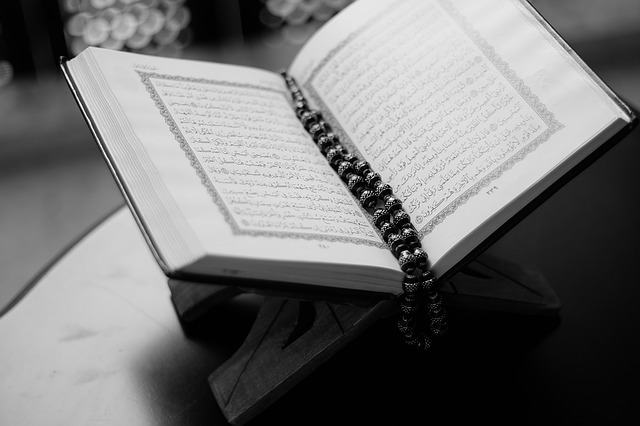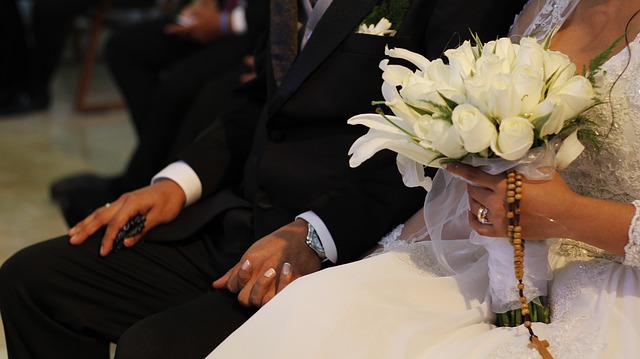Where can you eat, drink, or smoke during Ramadan?
If you are not fasting, then you are absolutely free to eat and drink in the privacy of your own home, and in designated areas too. Ask your employer where you can eat your lunch. The same goes with smoking.
Some restaurants and cafes will be open to customers during the day. You are free to patronise these. Food can be taken away and consumed in private.
What do you eat during Ramadan?
In Ramadan period, Muslims wake up before dawn to prepare and eat the first meal of the day, which is to last them until sunset. This implies that they have to eat plenty of high-protein foods and drink as much water as possible right up until dawn, after which it is prohibited to eat or drink anything.
• Fruits and vegetables.
• Breads, cereals, and potatoes.
• Meat, fish and chicken.
• Dairy products such as milk and cheese.
• Foods containing fat and sugar
What is (and is not) allowed in Ramadan?
Sex is allowed in Ramadan but not during the fasting hours. Just like food and drink, the human’s natural needs must be satisfied. Muslims are normally allowed to eat, drink and have sexual relations in Ramadan but not during the fast when all must be avoided else they could nullify the fast. During fasting, even the non-Muslims are expected to adhere to the rules of fasting. You are allowed to eat, drink and smoke, but only in private. During work also, most companies are required to make provision for an eating room away from those fasting.
Health issues and benefits linked with the Holy Month
As 1/3 of the world’s population gear up to fast over the next month of Ramadan – one of the five pillars of Islam – there are worries over followers being required to as much go without any food and water for some 18 hours a day.
However, if it is done right – and if Muslims have been preparing their minds and bodies in the run up to the holy month kicking off this week – Ramadan can, really, have many health benefits.
The time of year is not always about thoughts of weight loss, as the spiritual aspect is emphasized more than the health aspect. One of the common wrong notions about Ramadan is that every Muslims must participate. However, this is true, for the ill or vulnerable and there are exceptions, including for pregnant women, the elderly, and the very young.
So, for those who are participating this year, there are some health benefits that can be supplemented for from fasting if done right and maintaining a balanced diet outside of sun-up and sun-down times.
With the fasting period of a day lasting from sunrise to sunset, the body’s energy can be replaced in the two meals a day Muslims can have. It’s vital to make provisions for food from all the five major food groups, and this will provide an easier transition from using fat to burn energy as opposed to glucose.
In all, Muslims who has up their mind to fast should completely avoid overly-greasy and deep-fried foods, instead they should opt for baking, grilling, and shallow frying their two meals a day.
Grocery shopping
Supermarkets and groceries are open as on usual days, and you are free to do your weekly shopping as normal, although there might be a little hike in price of commodities.
Driving
There’s no denying the fact that driving during the day, particularly between 5pm and Iftar, is hazardous. Some taxi drivers taking part in the exercise may have been working longer than normal and as a result they may be dehydrated and lacking the ability to concentrate properly. This should be an insight into being patient when the muslim driver of the cab or bus you’re boarding is being aggressive.
Booking a taxi
If you are heading out around the Iftar time, have it in mind that booking a taxi may not be so easy. A lot of drivers will be breaking their fast, so availability may be difficult. So, plan your outings ahead in time.
Going out for dinner
If you have plans of going out for Iftar then, booking a table in advance is the best of options for you. Restaurants are understandably busy during Ramadan evenings.
Going to the mall
A lot of businesses change their hours for Ramadan. Malls remain generally open during the day and stay open later than usual – with the exception of food courts and restaurants. Some restaurants may remain open for the day, but this will certainly not be advertised.
Going to a bar
Almost all bars are opened from around 7pm, and also close earlier than usual. There will of course, be no live music, but live sport on TV will still widely be shown.
Give to charity
Ramadan is the perfect time for charitable works, and giving to those less fortunate will they surely will appreciate. It doesn’t have to be money, but perhaps food for Iftar among other things.
Some nourishing food to eat during Ramadan
Further reading: Happy Ramadan text messages.
As it is highly possible that this season, the body gets hydrated fast, it is therefore advisable to eat good and balanced meal. Below are some food samples that should be considered for the period.
• Smash beans on whole wheat toast then top with a tomato and a fried egg.
• Blend milk, yogurt, quick oats, banana, peanut butter, chia seeds and cocoa powder for a quick protein smoothie.
• Make a douche of spinach with scramble eggs and feta then wrap in a whole grain tortilla.
• Healthy fats that can be found in avocadoes, nuts, nut butter, olive oil and olives are also great nourishments all through the month.
• Blend frozen banana with nut butter, cocoa powder, and water. Add oats if you have them.
• Add smoked salmon to a stack of avocado, fried egg, and a whole grain English muffin.
• Make a batch of hard boiled eggs to have all week then mix them into a crunchy breakfast salad.
• Find a way to add veggies into your breakfast sandwich which is made with whole grain bread of course).
• If you’re feeding a family, try baked oatmeal casserole you can make ahead and reheat in the microwave.
• Blend a frozen banana with 1/2 cup frozen kale and 1/2 cup coconut water into a blender.
• Always hydrate partially through food. Eat plenty fruits and vegetables like tomatoes, cucumber, lett8uce, orange, and watermelons.
• Avoid juices and sweet drinks. It has high sugar content and can cause weight gain. Always drink two glasses of water at Suhoor.
• Make a smoothie with watermelon, Greek yogurt (protein), apples (fiber), and banana.
• Blend mangoes, oranges, and pineapple with coconut water and coconut butter.
• You should also try egg whites scrambled with fresh avocado and topped with grape tomatoes.
• And never you forget; two glasses of water at every suhoor in this season.





No Comments